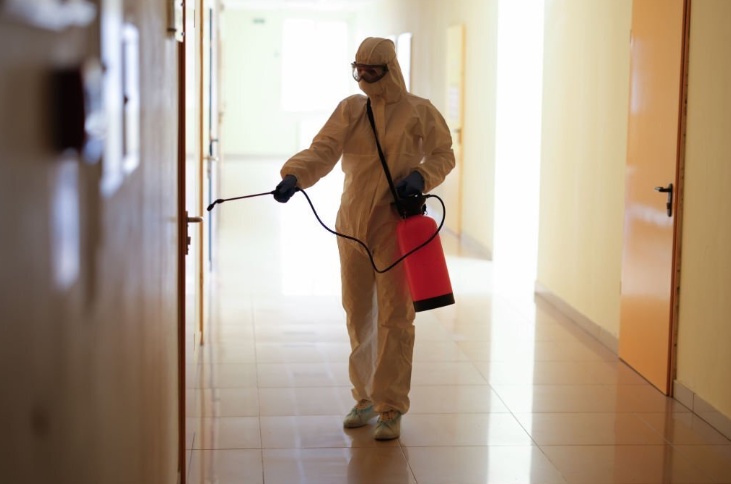Pest control is a critical aspect of maintaining a clean and healthy living environment. However, there are several misconceptions and myths surrounding pest control practices that can lead to ineffective or harmful approaches. Debunking these myths is essential to ensure that homeowners can make informed decisions about pest management. In this blog, Carpet Cleaning Hornsby will address and debunk some common misconceptions about pest control.
Myth 1: All Pests are Harmful
One of the most prevalent misconceptions is that all pests are harmful and should be eliminated. In reality, many insects play vital roles in the ecosystem, such as pollination and decomposition. Not all insects are pests, and distinguishing between beneficial and harmful ones is crucial for sustainable pest control. It is essential to focus on managing harmful pests while preserving the balance of the ecosystem.
Myth 2: DIY Methods are Always Effective
DIY pest control methods found online or shared among friends may not always be effective. While some home remedies can provide temporary relief, they often fail to address the root cause of the infestation. Professional pest control companies have the expertise and knowledge to identify the pest accurately and implement the most suitable and long-lasting solutions.
Myth 3: Strong Chemicals are the Only Solution
Using strong chemical pesticides is seen as a quick fix for pest problems. However, these chemicals can have harmful effects on the environment, humans, and pets. Integrated Pest Management (IPM), which combines multiple strategies like prevention, biological control, and targeted chemical use, is a more effective and eco-friendly approach to managing pests.
Myth 4: Pests Will Never Return After Treatment
Eliminating pests from your home is a significant achievement, but it doesn't guarantee they won't return. Pests are resourceful and can find ways to re-enter your home if preventive measures are not taken. Regular monitoring and ongoing pest control efforts are essential to prevent future infestations.
Myth 5: Pest Control is Only Necessary for Infestations
Waiting for a full-blown infestation before taking action is a mistake. Early detection and preventive pest control measures can save you time, money, and frustration in the long run. Regular inspections and prompt action at the first signs of pest activity can prevent small issues from becoming major problems.
Myth 6: Ultrasonic Devices Repel Pests Effectively
Ultrasonic pest repellent devices claim to drive away pests using sound waves beyond the range of human hearing. However, scientific evidence supporting their effectiveness is limited. These devices may have a short-term effect on some pests, but they are unlikely to provide complete and lasting control.
Myth 7: All Exterminators Provide the Same Service
Not all pest control companies offer the same level of service or expertise. It's essential to choose a reputable and experienced pest control company that employs licensed technicians. Look for companies that prioritize eco-friendly practices, like Integrated Pest Management, to ensure safe and effective pest control.
Conclusion
Busting myths about pest control is crucial for promoting informed and responsible pest management practices. Recognizing that not all pests are harmful, understanding the limitations of DIY methods, and avoiding excessive use of chemical pesticides are essential steps toward effective and eco-friendly pest control. By taking proactive measures, seeking professional assistance, and adopting sustainable approaches like Integrated Pest Management, homeowners can protect their properties while safeguarding the environment for future generations.
FAQs
-
Q: Are chemical pesticides safe for pets and children?
- A: Chemical pesticides can be harmful to pets and children if not used properly. It's best to keep them away from treated areas until the chemicals have dried, and follow the instructions provided by the pest control professional.
-
Q: How often should I have my home inspected for pests?
- A: Regular inspections, at least once a year, are recommended to detect pest issues early and prevent infestations.
-
Q: Can I use natural repellents for pest control?
- A: Yes, natural repellents like essential oils can be effective for certain pests. However, they may require more frequent applications than chemical pesticides.
-
Q: Should I try to remove a beehive or wasp nest myself?
- A: It is best to avoid removing beehives or wasp nests yourself, as these insects can be aggressive when their colonies are disturbed. Seek professional help for safe removal.
-
Q: Can pest control companies use eco-friendly methods?
- A: Yes, many pest control companies offer eco-friendly methods, such as Integrated Pest Management, that prioritize the use of natural and least-toxic solutions.


No comments yet